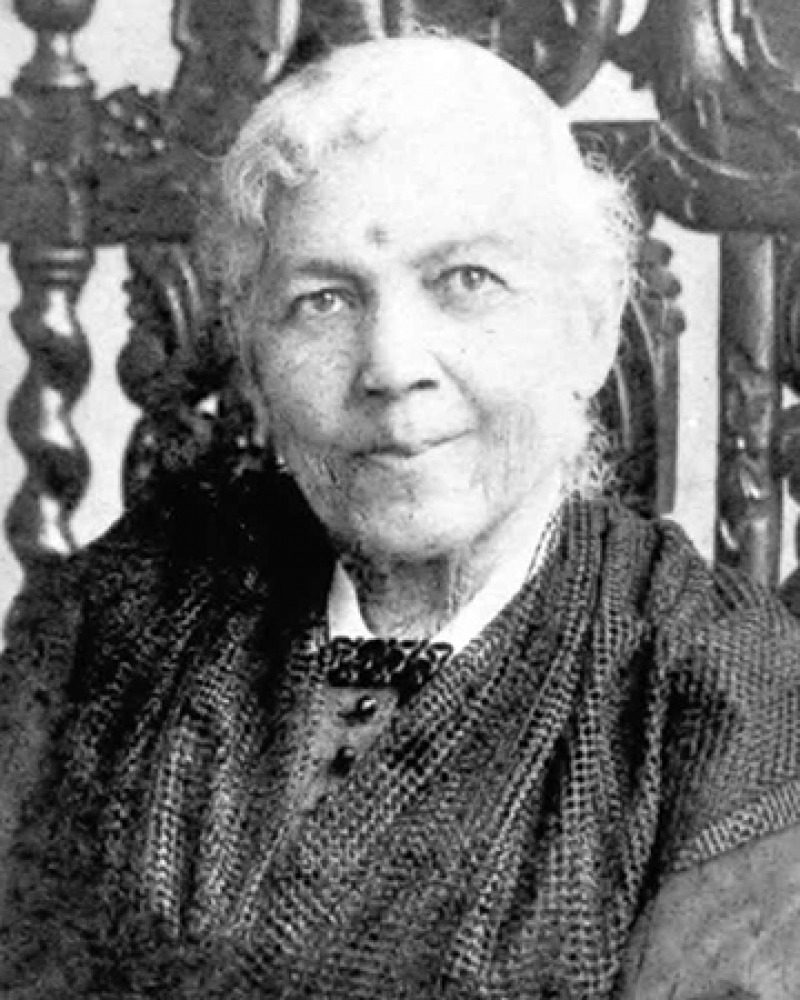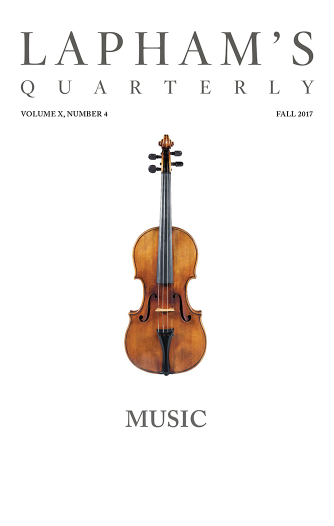Theano
“Letter to Callisto,”
c. 300 BC
“Letter to Callisto,”
Authority to rule the household is granted by the law to you younger women as soon as you are married, but instruction is needed in everything about household management from older women. For in these matters, a young soul must be raised from its girlhood. And the primary area of authority in the house for women is over the servants. The most important thing is goodwill on the part of the slaves. For this is not purchased as a possession along with their bodies, but intelligent mistresses create it in the fullness of time.
Just use is responsible for this, ensuring that they are neither exhausted by work nor made unable to work through lack of food. For they are human by nature. Some women think profitable what is the most unprofitable, treating their servants badly, weighing them down with work, while taking away what they need. Then after making a profit of an obol, they pay the cost of enormous damages: hatred and the most evil plots. In your case, provide an amount of food in proportion to the amount of wool-working done in the day.
A mistress’ forgiveness and grace toward those who have done wrong will release them from the penalty, and in this way too, you will maintain a proper and appropriate way of life. For some women, my friend, through cruelty even whip the bodies of their servants, dehumanized through jealousy or anger, as if they are inscribing a memorial with the excess of their bitterness. Some slaves in time are tired out by work and can do no more; others make their way to safety by running away; and some cease living, making the transition to death with their own hands, and in the end, the isolation of the mistress, who weeps for her own lack of good counsel, provides an empty change of heart.
From Women Writers of Ancient Greece and Rome. Edited by I.M. Plant. London: Equinox, 2004. Copyright © 2004 by Ian Plant. Used with permission of Equinox Publishing.

